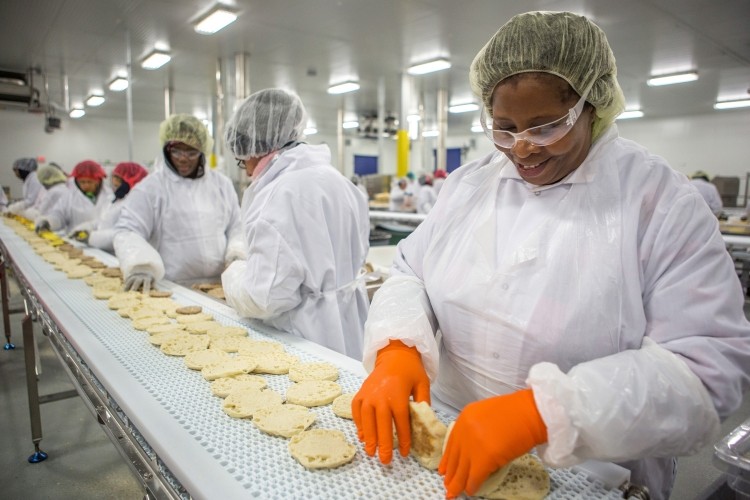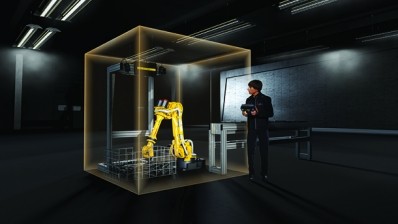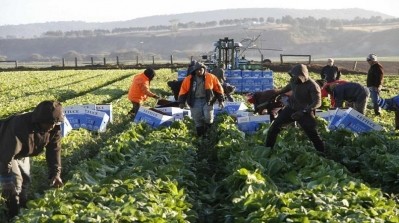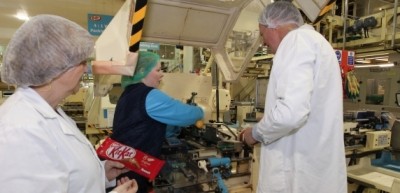Manufacturing workforce ‘to slump by 600,000’

New analysis by PricewaterhouseCoopers (PwC) in its latest UK Economic Outlook report, suggests employment is set to grow by about 3M,with the total number of jobs reaching nearly 37M by 2025.
But not every industry sector was predicted to benefit. With the rise of new automated technologies continuing to boost productivity and overseas competition remaining fierce, it was predicted the number of manufacturing jobs could fall by a further 600,000 to about 2M over the same period.
As a result, the authors believe that by this date there could be fewer people working in manufacturing than construction for the first time.
Food industry challenges
The news followed warnings that the food industry faced a growing challenge to attract recruits from other industries.
At the Food and Skills Conference last month, the chief executive of the National Skills Academy for Food and Drink (NSAFD), Justine Fosh, warned that the food and sector was not considered to be an industry of choice by many potential recruits.
The food and drink manufacturing sector would need to recruit 107,000 people by 2025, she said. The conference was used to launch the new food and drink industry engineering apprenticeship, as part of the government’s ‘Trailblazer’ programme.
Although technology could reduce the amount of labour needed by industry, it was not a solution to labour shortages, said Cara Haffey, PwC’s UK industrial manufacturing leader.
Digital and technology innovation
“We’re entering a technology renaissance that has the potential to transform the look, systems and processes of organisations,” said Haffrey.
“As our recent ceo survey showed, UK firms are already responding with much greater awareness of the need for digital and technology innovation.”
In many cases robots were being used to complement rather than replace workers. Becoming more common were ‘cobotics’ where operator and machine teams worked together to make complex assembly processes faster, easier and safer.
“As well as helping companies meet evolving stakeholder expectations, technological advances can lead to improved communication across the supply chain, better understanding of customer demands and transform how core risks are defined and managed,” said Haffrey.
“While we may see some workforce pattern changes over the next decade, there is no denying the focus ceos are placing on securing and sustaining a skilled pipeline of operators and technicians to help them make the most of the opportunities that lie ahead.”















